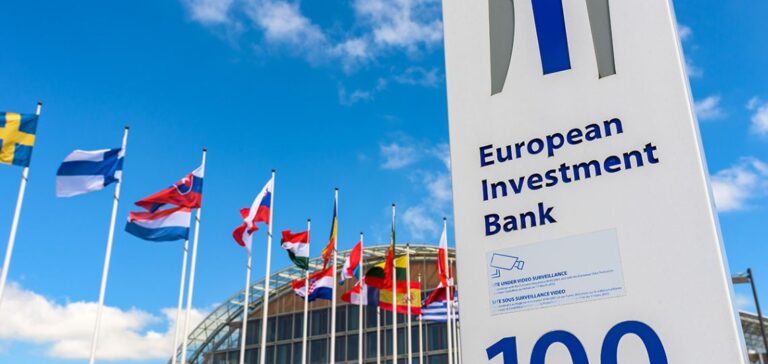The European Investment Bank (EIB) has granted a €400 mn loan to German utility SachsenEnergie-Unternehmensgruppe to support a broad electricity grid development programme in eastern Saxony. The initiative aims to reinforce the power distribution infrastructure in response to growing regional demand, while enhancing resilience and the capacity to integrate new power generation sources. The project is part of a total investment plan of €732 mn scheduled through 2027, in partnership with grid operator SachsenNetze.
Grid stabilisation for industry and households
The initiative covers urban areas of Dresden as well as the districts of Bautzen, Görlitz, Meissen, and Sächsische Schweiz-Osterzgebirge. The objective is to secure electricity supply for residents and businesses, particularly in the expanding industrial hubs of northern Dresden, home to Infineon and the European Semiconductor Manufacturing Company (ESMC). The funding will facilitate the modernisation of existing infrastructure, such as the Dresden-Räcknitz substation, which will receive a new high-capacity 110 kV switching facility.
Progressive infrastructure modernisation through 2045
The action plan includes optimising or constructing 170 km of high-voltage lines and 20 substations by 2028. From 2029 to 2033, an additional 125 km of lines and 29 substations will be addressed. By 2045, 280 km of lines and 25 facilities will undergo renovations. In parallel, the medium-voltage grid will be significantly reinforced to accommodate regional demand peaks.
Long-term financing framework
The EIB presented this loan as one of its largest operations in Germany with a municipal energy provider. Nicola Beer, Vice-President of the EIB, stated that “reliable and affordable energy is crucial for international competitiveness and economic resilience.” The investments are co-financed through equity and loans to ensure a balanced and sustainable financial structure, while facilitating the transition to infrastructure adapted to future energy uses.
Frank Brinkmann, Chairman of the Board of SachsenEnergie-Unternehmensgruppe, emphasised the scale of the challenge: “We must implement grid extensions on an unprecedented scale. The support of a partner like the EIB is essential.”






















